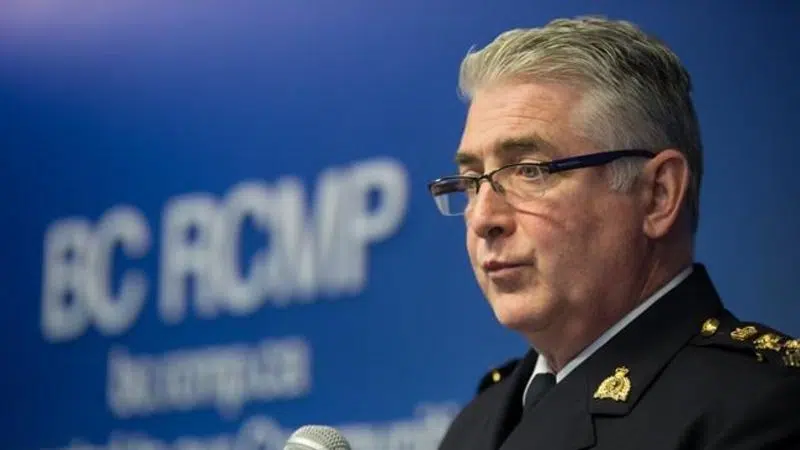
Suspects confessed to B.C. murders in videos but showed no remorse: RCMP
SURREY, B.C. — Two suspects confessed to the murders of three people in northern British Columbia in several videos taken before they shot themselves in a suicide pact, the RCMP said Friday.
The Mounties said Bryer Schmegelsky, 18, and Kam McLeod, 19, expressed no remorse in the videos and did not explain their motives behind the killings that sparked a nationwide manhunt this summer.
“If there was in fact a motive, it’s gone with the accused,” RCMP Assistant Commissioner Kevin Hackett told a news conference, adding the videos were “cold” and “matter of fact.”
“Their attitude, frankly, from my observations was not consistent with someone who was responsible for the type of violent offences that they took responsibility for.”


